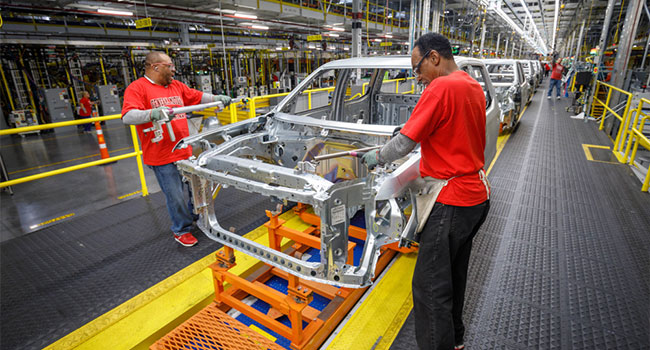
FBI: Auto Industry Has Been Key Target of Cyber Attacks Since 2018
Auto companies are set to face a wider range of threats thanks to the rise of internet-connected vehicles, the FBI said in a recent report.
- By Haley Samsel
- Nov 22, 2019
Hackers have been able to successfully target and infiltrate the systems of several American automotive manufacturers since at least late last year, the FBI warns in a report obtained by CNN.
In the agency report, sent to several private companies this week, the FBI alerted the industry to the ways in which cyber attacks have targeted cybersecurity vulnerabilities in order to obtain sensitive financial and personal data.
“The automotive industry likely will face a wide range of cyber threats and malicious activity in the near future as the vast amount of data collected by Internet-connected vehicles and autonomous vehicles become a highly valued target for nation-state and financially motivated actors," the FBI wrote in the report.
The attacks have taken the form of ransomware, data breaches and unauthorized access to computer networks containing personally identifiable information, the FBI found. In addition, hackers have had some success with phishing emails, otherwise known as business email compromise attacks. Once an employee clicks on a malicious link in their email, hackers can gain access to computer networks and scrape valuable data.
Ransomware continues to be a key concern for both private companies and government agencies, which have increasingly fallen victim to the attacks over the past year. The FBI said that the automotive industry is no exception. Several corporations have faced ransomware infections, leading to the loss of company data and disruption of operations.
Neither the report nor CNN named specific auto companies that have been targeted by ransomware. The FBI did cite an example of a company that paid the ransom but was not given the access keys to obtain access to their data, demonstrating the risks of negotiating with malicious actors.
Jonathan Deveaux, the head of enterprise data protection at comforte AG, said that the industry needs to upgrade its data security practices in order to address the increasingly sophisticated attacks employed by hackers.
“With more cyberattacks looming in the auto industry, companies need to deploy cyber defenses that are more effective,” Deveaux said. “Unfortunately, perimeter security, stronger passwords, or even intrusion detection are still being bypassed due to sophisticated techniques and vulnerabilities.”
A large majority of data breaches target data that is left unencrypted or without tokenization, making it easier for hackers to take advantage of the information they steal, Deveaux said.
“A data-centric security approach helps organizations deploy data protection focused on security and maintaining privacy on the data itself,” he added.
About the Author
Haley Samsel is an Associate Content Editor for the Infrastructure Solutions Group at 1105 Media.